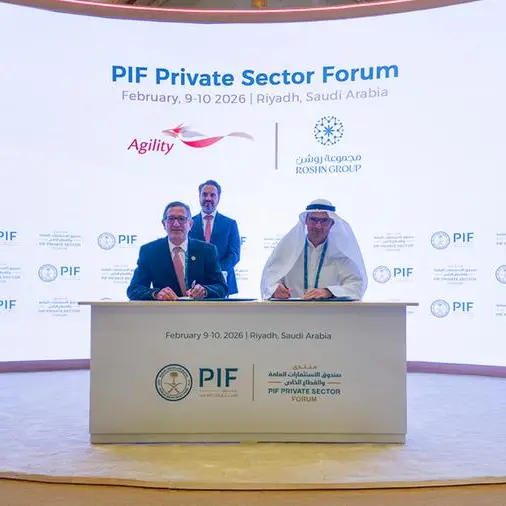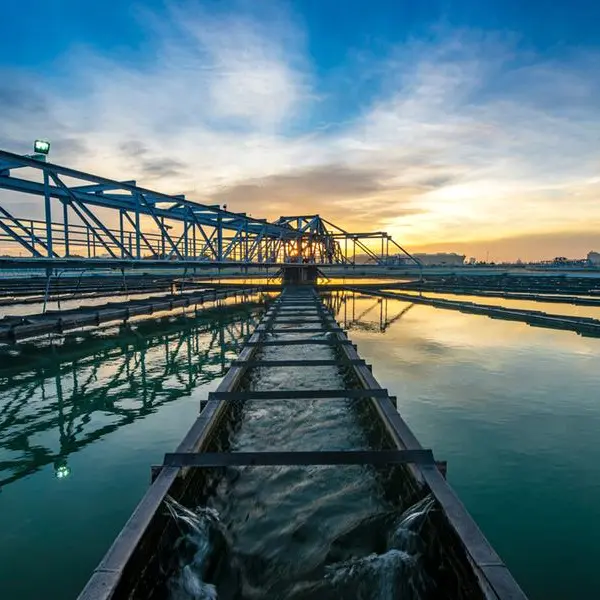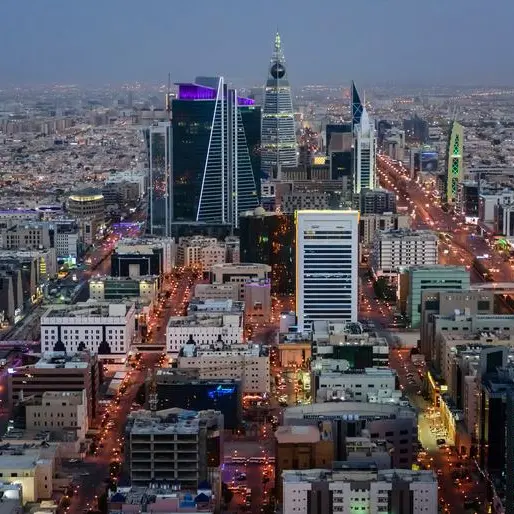PHOTO
In an interview with Zawya, Lisa Emami said she believes the pandemic has reinforced what HR as a practice has been advocating for a while now: "Employees are not simply an input into the business, they are the business."
Given that 80 percent of Averda's workforce is frontline workers as it's mainly into end-to-end waste management, her job becomes all the more important, not only for maintaining the health and safety of employees but also ensuring sanitary and healthy environments for the population.
"Because of the critical nature of the work we do at Averda and our operations in emerging markets, we have always had a deep understanding and appreciation for our frontline workforce and supporting teams, and this was magnified during the pandemic," she said.
Emami acknowledged that without the bravery of dedicated employees showing up during times of crisis – with all the uncertainty, risk, and fear – to deliver on commitments to customers every day, many organisations would not have survived the past eighteen months.
Second stint
This is Emami's second stint with the Dubai-headquartered waste management company, where she previously spent seven years helping it to accelerate the transformation into the international operator it is today.
As an HR leader who has designed and implemented solutions around the employee lifecycle for many Fortune 50 organisations, Emami said the challenge as she steps back into this role would be to continue to keep close to her people, understand and address their real concerns "as we come out of the shadow of Covid-19 and navigate a new normal".
"I am very excited to be returning to Averda at a time when circularity and sustainability are at the heart of our strategy," Emami said. Her core responsibility as Chief Talent Officer, she said, will be to deliver an organisation made up of highly talented people who feel supported to accomplish important and meaningful work in alignment with Averda's mission, vision, and business goals.
"In order to achieve this, we need the right leaders in place to create a work environment and culture that fosters learning, collaboration, and creativity, positioning our employees to grow and reach their highest potential as the business pivots and enters a new chapter."
Retaining talent
While there is so much focus on hiring good talent and retaining them, the attrition rates remain high across the industries. Emami noted that no employer ever wants to see great talent leave, and it is, of course, a significant challenge for every organisation to absorb the cost – both real and indirect – that comes with attrition. "This is where I believe purpose-driven organisations can significantly influence employee loyalty and retention."
The pandemic has had unprecedented impacts not only on people's physical health but also mental health. As the world continues to endure this pandemic, she said people have different comfort levels regarding their working environment. "What is important is to understand what resources and support employees need in order to feel safe, both physically and mentally."
Sustainability
Averda is going through a transformational phase as it is taking major steps towards diversifying its portfolio of services, positioning itself to be the leading provider of sustainable waste solutions in emerging markets.
Emami said stories of transformation colour their history, and "it is engaged, agile and committed employees who have always been the common denominator for success."
"My role and the role of the wider leadership team is to ensure there is consistent communication around changes being made, so every employee sees that they have a stake in Averda's future."
From an HR perspective, she said this translates to leveraging talent management practices to strategically facilitate and even drive the transformation.
Additionally, Environmental, Social, and Governance (ESG) factors would continue to remain a core focus area.
Emami said: "We have a role to play in driving sustainability with the services we offer our clients, and we're investing in expanding these, for example, recycling and composting."
But she agreed that they also have a responsibility to make sure their own business is sustainable.
"We recently appointed a director of sustainability to lead on these issues, ensuring company-wide engagement, and we've developed an ambitious mid-term strategy to address critical areas such as reducing our carbon footprint and improving biodiversity."
Averda already has an effective, sustainable procurement policy for suppliers and is focusing now on engaging its workforce - developing internal sustainability champions at all levels of the company and ensuring cross-departmental focus on these important targets.
Industry in transition
Emami said waste management is an essential public service to ensure sanitary and healthy environments for the population – this was made abundantly clear during the pandemic. "We noticed a greater appreciation for our work. Obviously, our role had to adapt to new pressures in the industry, for example, a surge in medical waste and used PPE, which we were able to do."
She emphasised that waste management as an industry is at a very exciting transition point. "People everywhere are now waking up to the fact that we need to make major changes in the way we manage our planet's resources if we are to leave a sustainable environment for the next generation," said Emami, adding that companies like Averda have a vital role to play in driving recycling and recovery of limited materials and developing a more circular economy.
(Reporting by SA Kader; Editing by Anoop Menon)
Disclaimer: This article is provided for informational purposes only. The content does not provide tax, legal or investment advice or opinion regarding the suitability, value or profitability of any particular security, portfolio or investment strategy. Read our full disclaimer policy here.
© ZAWYA 2021





















